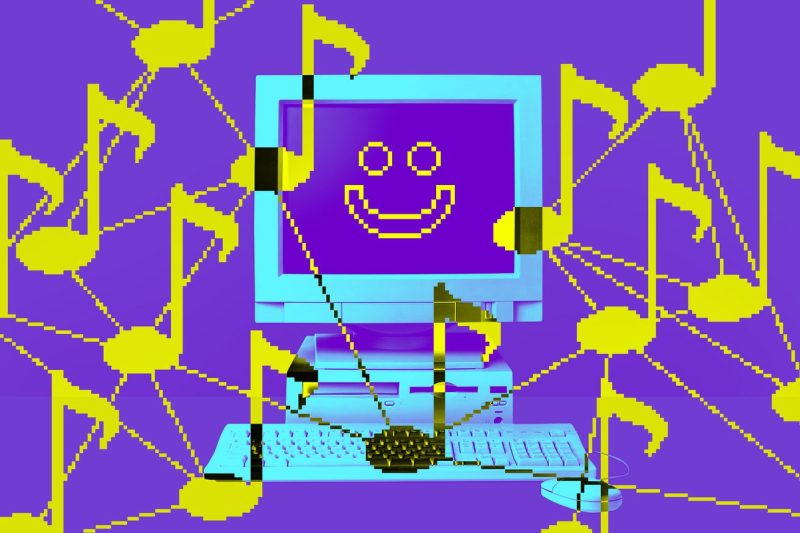Article:
With the evolution and widespread adoption of artificial intelligence (AI) technologies, various industries have witnessed significant transformations. The music industry, in particular, has experienced a paradigm shift in the way music is created, distributed, and consumed. However, this transformation has also raised concerns regarding copyright infringement and intellectual property rights. The recent lawsuits by the Recording Industry Association of America (RIAA) against AI-generated music platforms have sparked a debate on the intersection of AI and copyright laws. Let’s delve deeper into what these lawsuits mean for the future of AI and how they might shape the copyright landscape.
AI has revolutionized the music creation process by enabling algorithms to compose, produce, and perform music without human intervention. These AI-generated compositions often mimic the style of famous musicians or create entirely new sounds that challenge traditional notions of creativity. While this innovation has opened up new possibilities for music artists and fans, it has also blurred the lines of originality and ownership in the creative process.
The RIAA, representing major record labels and artists, has taken a stance against AI-generated music platforms that allegedly infringe upon copyrighted material. The lawsuits filed by RIAA aim to protect the rights of musicians and ensure that AI-generated music does not violate intellectual property laws. By challenging the legality of these platforms, RIAA is sending a clear message that copyright protections apply even in the realm of AI-generated content.
One of the key issues at the heart of these lawsuits is the question of authorship and ownership in AI-generated music. While AI algorithms are responsible for composing the music, the input data and training provided to these algorithms often come from existing copyrighted works. This raises concerns about whether AI-generated music can be considered truly original or if it is simply a derivative work based on pre-existing material. The lawsuits by RIAA seek to address this conundrum and establish guidelines for determining ownership rights in AI-created music.
Another aspect of the RIAA lawsuits is the impact they could have on the development and adoption of AI technologies in the music industry. As AI continues to evolve and play a more significant role in music creation, it is essential to establish clear legal frameworks that protect the rights of creators and encourage innovation. The outcome of these lawsuits could set a precedent for how AI-generated content is regulated and licensed in the future, shaping the dynamics between technology, creativity, and copyright protection.
Beyond the music industry, these lawsuits also have broader implications for the intersection of AI and copyright laws across various sectors. As AI technologies become more prevalent in creative industries, the need for updated intellectual property regulations becomes increasingly apparent. The legal challenges posed by AI-generated content highlight the complexities of defining ownership, attribution, and fair use in the digital age. Addressing these challenges will require collaboration between lawmakers, industry stakeholders, and technology experts to strike a balance between fostering innovation and safeguarding creators’ rights.
In conclusion, the lawsuits filed by RIAA against AI-generated music platforms underscore the growing importance of addressing copyright issues in the age of artificial intelligence. These legal battles serve as a wake-up call for the music industry and other creative sectors to reevaluate how intellectual property rights are protected in the digital era. By navigating the complexities of AI and copyright laws, stakeholders can pave the way for a more inclusive and sustainable creative ecosystem where technology and artistry can coexist harmoniously.




























